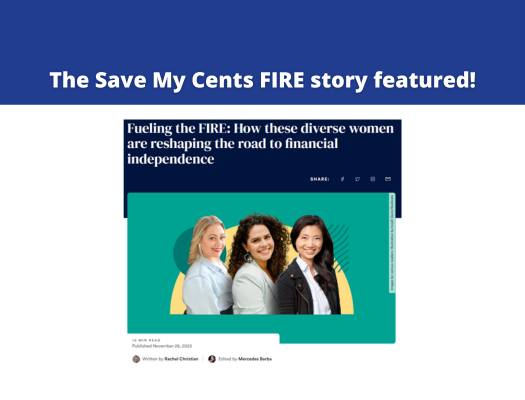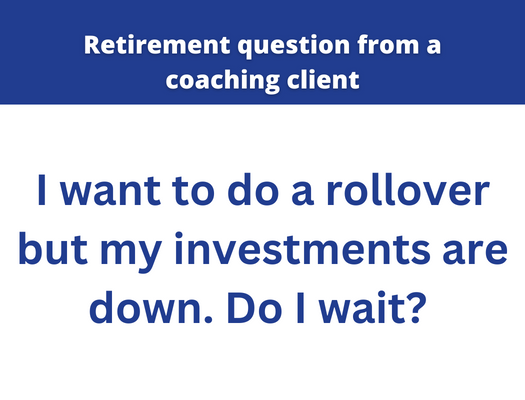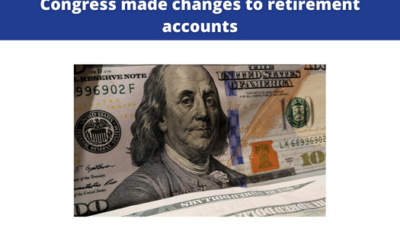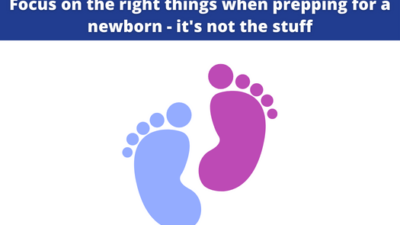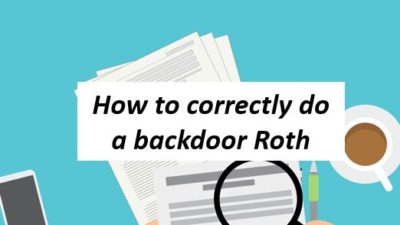If you have been following me for a while, you know that I recommend maxing out your tax-advantaged accounts for retirement.

However, you may have seen competing advice in the FIRE community recommending prioritizing taxable brokerages while saving for FIRE because, “income tax is higher than capital gains tax.” So does the Save My Cents recommendation still apply if you want to retire early?
YES!
To understand why, let’s unpack a couple of key points that sometimes get lost in the FIRE conversation:
Comparing the taxes on profits in a taxable brokerage account, to annual earned income tax, ignores the fact that a taxable brokerage was funded with after tax money.
A taxable brokerage account taxes you twice. First you are taxed when you put money in (it’s after tax), and second, on the growth of those investments. Money that goes into a taxable brokerage account is already taxed—likely at a high tax rate, with earned income tax being the most common.
By contrast, money that you put into a tax-advantaged account, especially one that is tax-deferred – goes in tax free – you only pay taxes on the money when you withdraw it.
Why does this lag time matter? Isn’t income tax now the same as income tax later?
Not necessarily! If you’re a high earner working toward early retirement, you are likely in a high tax bracket now given your income, but when you retire and withdraw only enough to cover your lower expenses, your tax rate is likely to be lower.
Don’t forget about state-level income tax, which are highly variable
If you live in the United States, you are subject to federal and state tax. But people often focus on the federal tax rates and forget about state tax rates—which are highly variable across the country.
For example, nine states have no income tax and no capital gains tax. By contrast, California’s state-level capital gains tax is nearly 20% – on top of the 20% federal capital gains rate. This means that if you live in California when you realize your investments, you could be paying a whopping 40% in capital gains tax alone.
Simply moving to a state with a lower state tax burden can have a bigger impact on your tax burden than trying to “game” taxes by choosing a taxable brokerage over a tax-advantaged investment account.
You still get taxed on dividends at earned income tax rates in a taxable brokerage
Capital gains are realized when you sell an investment and it has grown in value. However, if you invest in investments that pay out dividends, you may owe income taxes on your dividends in the year that you earn them. Many tax-advantaged accounts, such as 401(k) / 403(b) / 457(b) / TSP / IRA / HSA, you do not need to worry about dividends being taxed the year you earn them.
So how does Save My Cents plan to handle this?
First, I plan to use all types of accounts to my advantage.
This includes: tax-deferred accounts like 401(k), 403(b) and 457(b) accounts, plus Roth accounts and taxable brokerages.
Each type of account has its own benefits. Roth accounts are great because you can withdraw the converted amount after five years and before age 59.5 with no penalty. Similarly, taxable brokerages do not have a withdrawal penalty.
Second, I plan to move to a state with no or low income and capital gains tax.
This means I will only be subject to the federal tax rate, significantly lowering my overall tax burden when I plan to withdraw my money.
Third, I have different purposes for each type of account.
By putting money into my tax advantaged accounts, I am avoiding high income tax rates at the time I earn the income. And by doing a Roth conversion, I am able to access the money in my early retirement.
Taxable brokerages on the other hand hold money that I need as a “bridge account”, and can also be used to pay income taxes when I do Roth conversions.
This multi-step process means that the value of the entire conversion – including my income I put in during my high earning years – is taxed at a lower rate than when I funded my accounts.
Sure sounds like a win-win to me!
Get more win-win money ideas when you follow me at @savemycents on Instagram and @savemycentsfb on Facebook, or go even more in depth and join the waitlist for the Save My Retirement Masterclass now!



